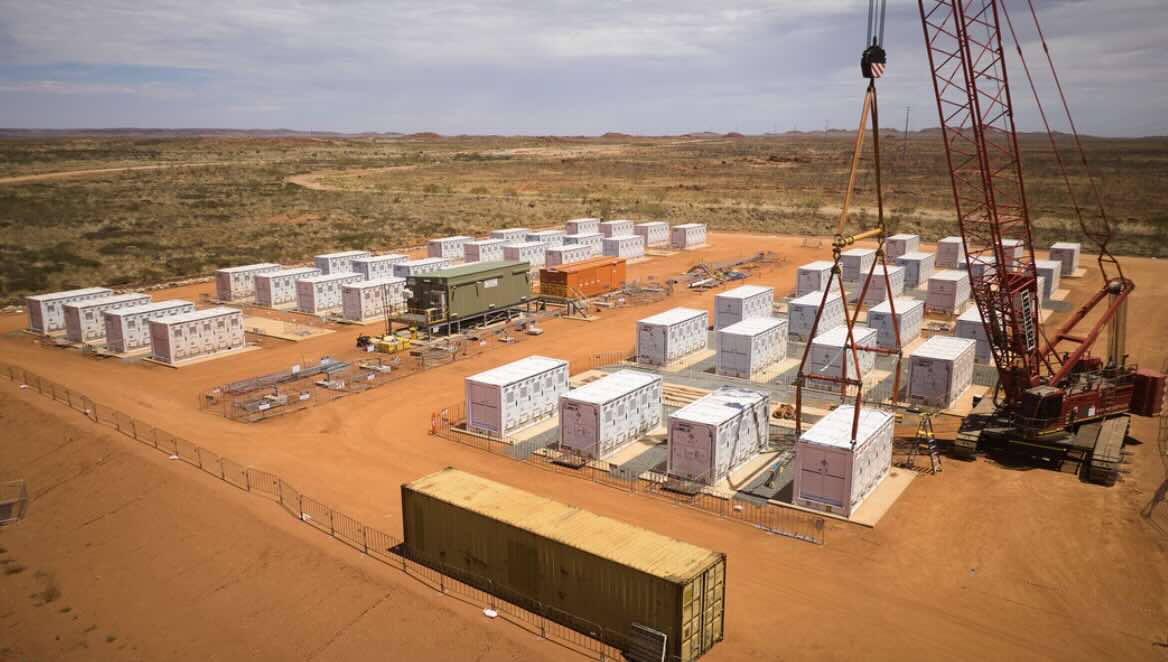
A groundbreaking achievement in the field of astronomy has been marked by the appointment of Professor Michele Dougherty as the United Kingdom’s first female Astronomer Royal. Dougherty, a renowned planetary scientist, has been awarded this prestigious 350-year-old honorary title in recognition of her significant contributions to space exploration, particularly her work with NASA’s Cassini mission.
Prof. Dougherty’s research has been pivotal in unveiling the potential for extraterrestrial life within our solar system. Her involvement in the Cassini mission led to the discovery of water vapor jets on Enceladus, one of Saturn’s moons, suggesting it could support life. Expressing her excitement, Dougherty stated, “As a young child, I never thought I’d end up working on planetary spacecraft missions and science, so I can’t quite believe I’m actually taking on this position.”
A Historic Role with Modern Implications
The role of Astronomer Royal was established in 1675 with the aim of improving navigation at sea by determining longitude. The outgoing Astronomer Royal, Martin Rees, is stepping down, making way for Dougherty’s historic appointment. Her new role is not just a personal milestone but a beacon of inspiration for young women in science. “Particularly for young girls, seeing someone who looks like them in a role like this will potentially allow them to dream that they might be able to do something like this in the future,” Dougherty remarked on BBC Radio 4’s Today programme.
In addition to her new responsibilities, Dougherty continues to serve as the executive chair of the Science and Technology Facilities Council, president-elect of the Institute of Physics, and a professor of space physics at Imperial College London. Her multifaceted career reflects her commitment to advancing scientific knowledge and inspiring future generations.
Contributions to Space Exploration
Dougherty’s expertise lies in designing instruments for space probes, such as the magnetometer used in the Cassini mission. Her keen observation skills led to the detection of a “tiny anomaly” in the magnetic field measurements of Enceladus, prompting further investigation that confirmed the presence of water vapor plumes. This discovery has positioned Enceladus as a prime candidate in the search for alien life.
Currently, Dougherty is involved in the European Space Agency’s Jupiter Icy Moons Explorer (Juice) mission. The mission aims to explore Ganymede, the solar system’s largest moon, which may harbor a global ocean beneath its surface. The Juice mission, which began in 2008, is expected to reach Jupiter by 2031 and continue operations until 2035.
Looking to the Future
Despite her achievements, Dougherty remains concerned about the future of science funding. “Things are unsettled right now across the world on a range of fronts. That’s why it’s so important that in the UK we are very open about why we do the research we do and why it is so important to the health and wellbeing of the UK economy,” she emphasized.
Her main goal as Astronomer Royal is to engage the public with the wonders of astronomy and its relevance to daily life. “I want to enthuse and excite people,” she said, highlighting the importance of science communication in fostering public interest and support.
Prof. Dame Angela McLean, the government’s chief scientific adviser, praised Dougherty’s appointment, stating, “Warm congratulations to Professor Michele Dougherty on her appointment to the distinguished position of Astronomer Royal. This is a fitting recognition of her outstanding work and enduring commitment to the field of astronomy.”
As Dougherty steps into this historic role, her journey and achievements continue to inspire, paving the way for future generations of scientists and astronomers.







